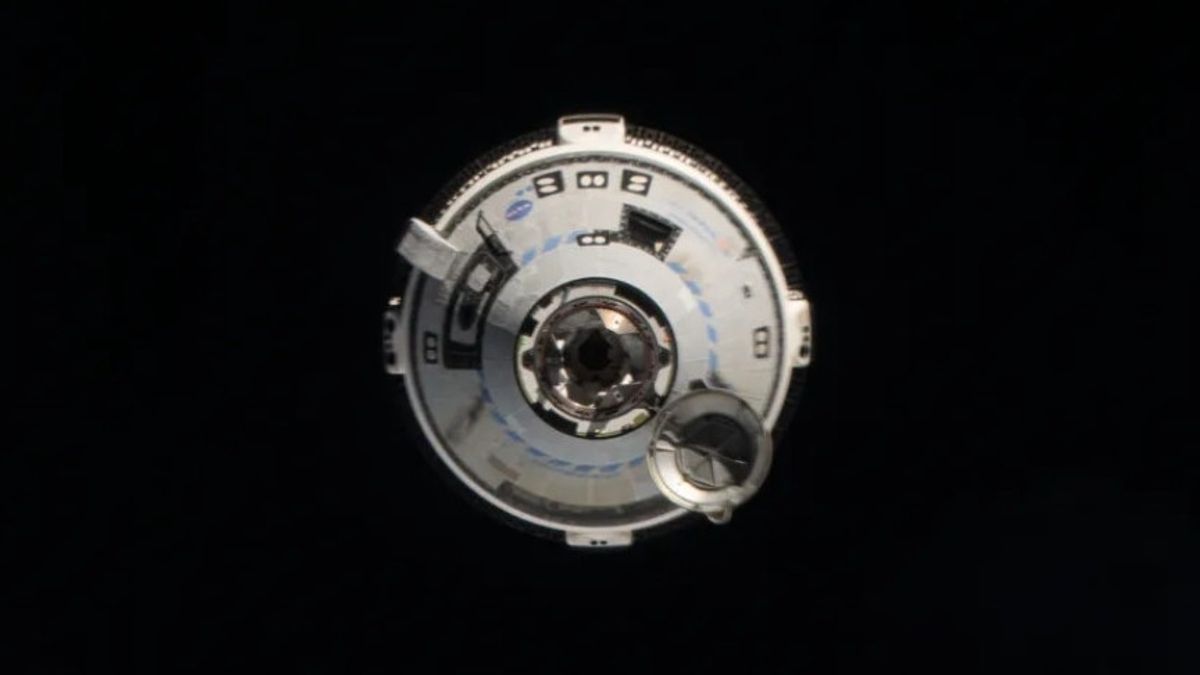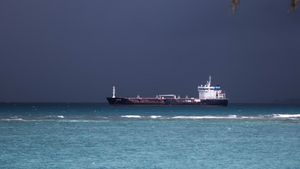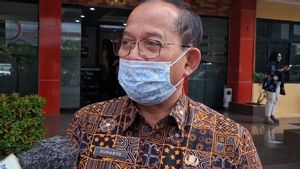JAKARTA Boeing's Starliner aircraft experienced another helium leak. Directly confirmed by NASA on June 10, the plane on board the space station experienced a fifth leak. Through announcements shared on the official website, NASA said that technicians from the Boeing testing program were analyzing its leakage problem. This analysis is needed to find out if Starliner could return to Earth on time. "The team is currently assessing what impact, if any, five small leaks on the helium manifold are service to the rest of the mission. Engineers evaluated helium supply based on current leakage rates," NASA said. Current findings suggest that Starliner has adequate helium remnants and is sufficient for a 70-hour journey. Starliner also only takes seven hours to escape from the space station and land on Earth. In addition to observing its impact, technicians from NASA have also evaluated the oxidator isolation valve of the Reaction Control System (RCS) in an unclosed service module properly. This examination was successfully carried out on Sunday, June 9. "All other oxidators and fuel valves in the service module are rotated normally. The oxidator insulating Katup that is suspected of not being rotated at recent inspections. This will remain closed during the rest of the mission," NASA explained.
SEE ALSO:
Meanwhile, NASA Spokesman Josh Finch told Spacenews that the fifth leak was detected during a post-docking briefing. Fortunately, the leak found was much smaller than the leak found earlier. As NASA explains, post-docking leaks constituted the fifth leak from the Starliner plane. The first leak occurred before Starliner's launch on June 5 and the second leak was detected on June 6. Hours after launch, NASA and Boeing realized a third leak. Not just one, but in two parts at once. The fourth leak was discovered after docking and the fifth leak was revealed during preparations to return to Earth.
The English, Chinese, Japanese, Arabic, and French versions are automatically generated by the AI. So there may still be inaccuracies in translating, please always see Indonesian as our main language. (system supported by DigitalSiber.id)


















